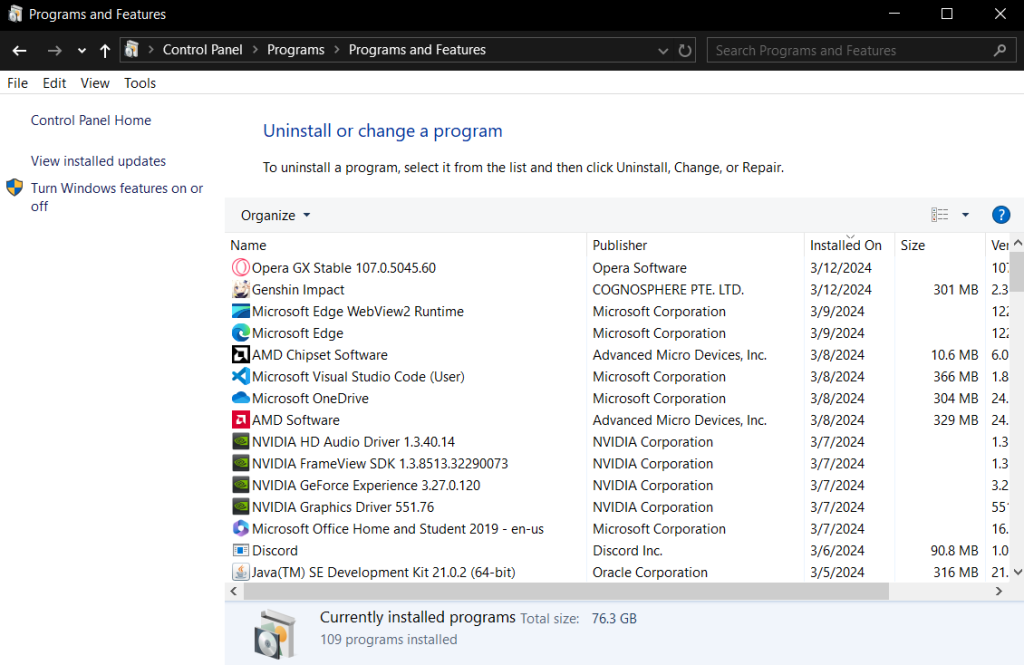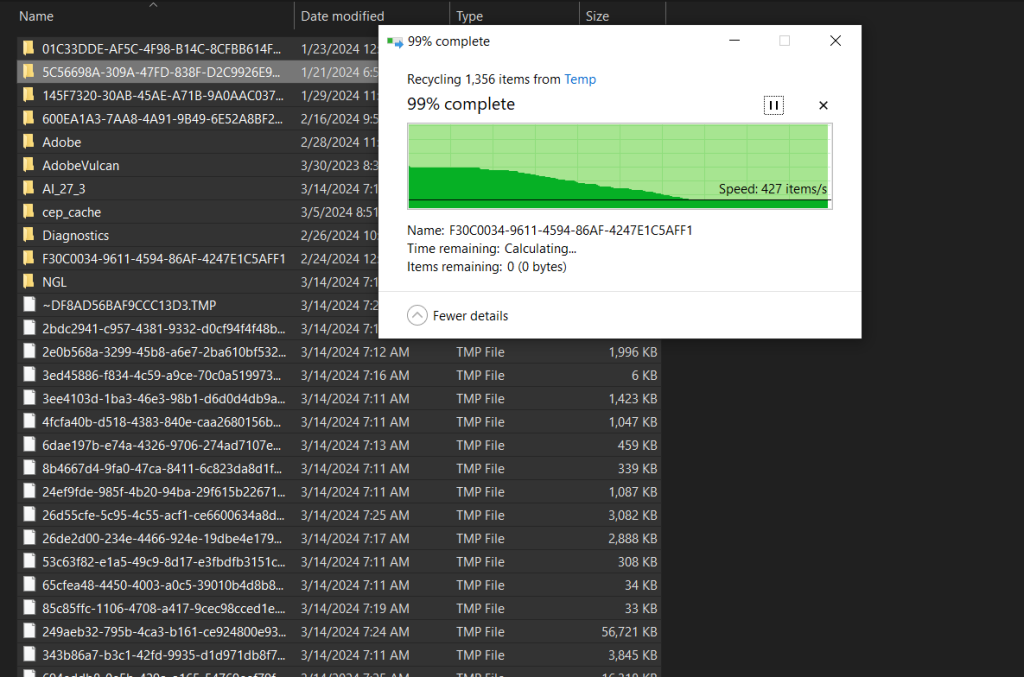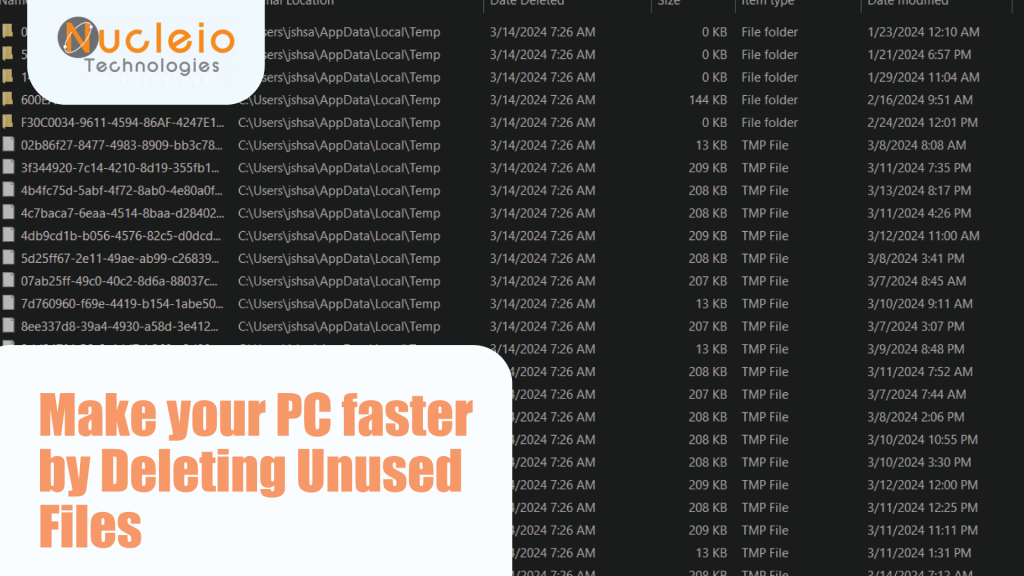Optimizing your PC’s performance by deleting unnecessary files is a simple yet effective way to improve speed and efficiency. By focusing on key areas such as temporary files, unused applications, and large files, you can reclaim valuable disk space and streamline your system’s operation. With targeted cleanup efforts in folders like downloads and browser caches, you can ensure a smoother computing experience and potentially extend the lifespan of your hardware.
1. Temporary Files Cleanup
Utilize tools like Disk Cleanup (built-in to Windows) or third-party software like CCleaner to remove temporary files, system cache, and other unnecessary data that accumulates over time.

2. Unused Applications Removal
Uninstall programs and applications that you no longer use or need. This can free up disk space and reduce the load on your system. Go to Control Panel/Programs/Uninstall a Program and select programs that you no longer need.

3. Large Files Deletion
Identify and delete large files that are taking up significant disk space but are no longer necessary, such as old videos, documents, or games. You can also use cloud storage such as Google Drive to store your files so you can delete them in your computer.

4. Downloads Folder Cleanup
Review and delete files from your Downloads folder that you no longer need. Sometimes this folder is overlooked, especially when freeing up storage. This folder often accumulates files that are downloaded once and never used again.

5. Browser Cache and Temporary Internet Files
Clear your browser’s cache and temporary internet files to free up disk space and potentially improve browsing speed. This can be done from within your browser’s settings. You can try this by checking it within the settings of your web browser.

By following these steps, you can declutter your system, free up disk space, and possibly enhance your PC’s performance. Exercise caution when deleting files to ensure you don’t remove anything critical for your system’s functioning.

